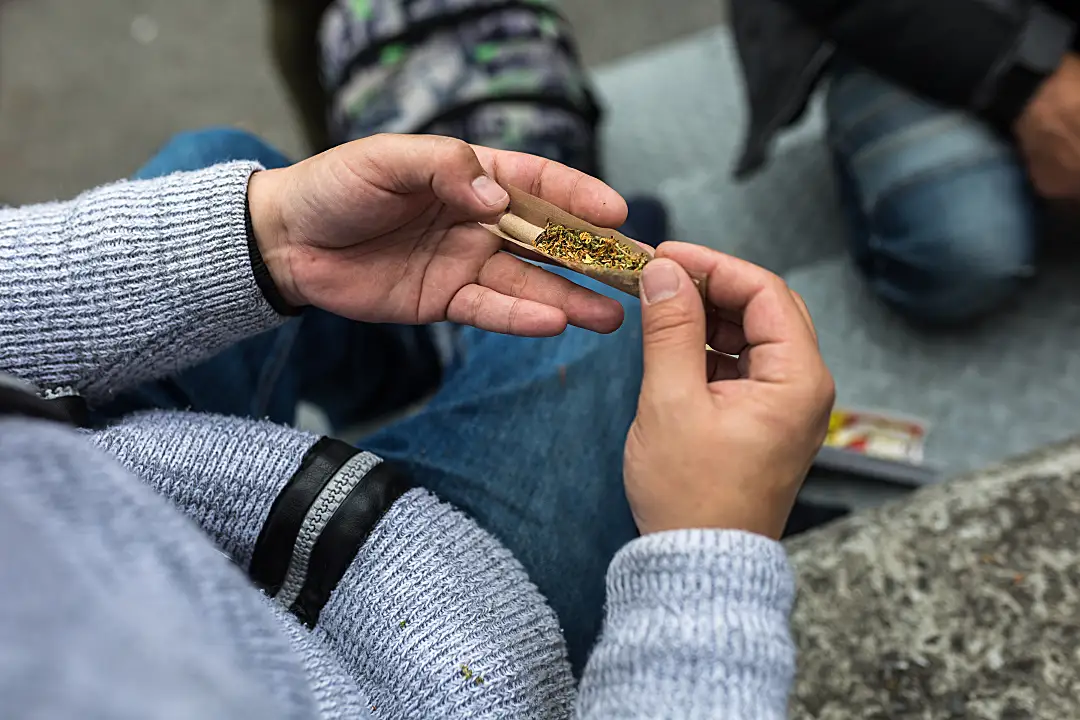
In response to a recently published case study, various news articles (e.g., this feature on the Forbes website) are discussing the utility of cannabis donation as a harm reduction strategy. Harm reduction, in this context, refers to a range of public health strategies aimed at reducing negative consequences associated with drug use. Within harm reduction, cannabis donation is one strategy for reducing consequences associated with more harmful, illicit drugs. Specifically, research suggests that substituting cannabis use for use of opioids can:
- Reduce overdose deaths.
- Alleviate withdrawal symptoms.
- Treat chronic pain (which is often the reason people use opioids).
- Improve outcomes for people receiving treatment for opioid use disorder.
Additionally, cannabis can reduce harms associated with illicit stimulant (e.g., methamphetamine) use by alleviating negative symptoms resulting from stimulant use, including insomnia and loss of appetite. Knowing these potential benefits of cannabis use, cannabis donation programs aim to remove barriers for people accessing cannabis by providing donated cannabis products to eligible participants for free.
Within these programs, organizations will receive donated cannabis products from individuals or businesses who are licensed to cultivate and distribute cannabis products. Selection of program participants varies by program, with some organizations developing inclusion criteria and selecting eligible participations, and other organizations allowing participants to self-identify their need for donated cannabis products. Programs also vary in their method of distribution – some organizations have scheduled donation services, while others have cannabis products available for participants on an ad-hoc basis.
Cannabis Donation Programs in Canada for Opioid and Alcohol Use Harm Reduction
While sanctioned cannabis donation programs are a relatively new concept in the United States, they have been previously discussed and studied in Canada, in part because of Canada’s country-wide legalization of medical and recreational cannabis use and because of Canada’s willingness to implement more innovative harm reduction strategies.
For instance, one study qualitatively interviewed participants of two grassroots cannabis donation programs that operated out of harm reduction agencies in Vancouver. Participants of these two programs described that even though regulated cannabis was legally available for recreational use, they struggled to access cannabis products through traditional retail facilities, primarily because of the high cost of commercial products and because of co-morbid conditions that made it difficult to physically go to a cannabis dispensary. Thus, the cannabis donation programs were often the only way they could access consistent cannabis products. By accessing these programs, participants described an overall improvement in their quality of life, pain management, and social functioning.
In another recent study, cannabis donation programs were implemented at multiple locations across Canada within community-based organizations aimed at reducing harms associated with criminalized alcohol use (e.g., consumption of homemade alcohol products or public intoxication). In this study, participants reported that they preferred to receive cannabis products from staff at harm reduction organizations because it was easier for them to consistently access the products. They also trusted the advice of harm reduction staff and were able to receive education from harm reduction staff about how to best use cannabis as a substitution for alcohol and to treat symptoms associated with long-term alcohol use (e.g., withdrawal symptoms, stomach pains).
Cannabis Donations Benefiting Veterans’ Physical and Mental Health
In recent years, cannabis donation programs have gained traction in the United States, as the United States legalizes cannabis use in more areas and seeks to implement innovative harm reduction strategies to combat the ongoing opioid epidemic. Initial cannabis donation efforts in the United States have been particularly helpful for veterans. Across the country, cannabis donation programs for veterans are being implemented to reduce rates of overdose and suicide.
One recent study with veterans showed that veterans used cannabis to treat a variety of physical and mental health conditions, including chronic pain, post-traumatic stress disorder (PTSD), anxiety, and depression. By using cannabis to treat these issues, veterans reduced their use of opioids and reported overall improvement in their quality of life.
Cannabis Dispensary Partner with Syringe Service Programs in the US
Additionally, syringe service programs (SSPs) are increasingly implementing cannabis donation programs for people who use drugs. One such program was recently featured in a case study led by RTI researchers and community partners. In this program, participants consistently received donated cannabis products through the SSP where they accessed supplies for safer drug use. The program began operation in March 2020 with donations from caregivers (i.e., growers who register up to five medical patients with the state who are compensated for costs associated with production).
After the first year of operation, the program evolved to include donations from a commercial cannabis producer and distributer. Donations from the commercial business provided a more consistent supply of a wider variety of products for program participants, and ultimately constituted only 1% of their total gross sales over the study period. Findings from this case study not only highlight the benefits of cannabis donation for people who use drugs, but also provide evidence for the feasibility and sustainability of operating cannabis donation programs through a grassroots harm reduction organization.
A Need for Better Harm Reduction Strategies and Guidelines Using Cannabis in the US
More work is needed to bridge the gap between science and public health policy. Additionally, more research with cannabis donation programs in the United States is needed to better understand the utility of cannabis as a harm reduction strategy and to identify best practice guidelines for implementing cannabis donation programs.
Learn more about RTI's work in Substance Use Research and Cannabis Research.

